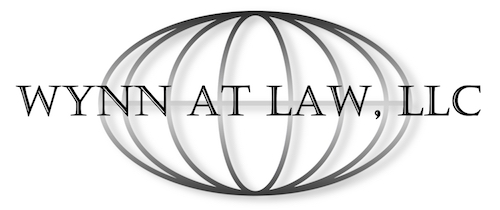It is important to understand that not all debts are subject to discharge under Chapter 7. Among the common debts unaffected by bankruptcy are certain income and business taxes, alimony, child support, property divisions incident to divorce, governmentally imposed fines, forfeitures or restitution, most student loans, and liabilities resulting from drunken driving. Certain abuses of cash advances and credit cards on the eve of bankruptcy are presumed to be nondischargeable, as are debts arising from fraud, misrepresentation, theft, and willful and malicious injuries to a person or property.
For these latter forms of debts to be held nondischargeable, the creditor must bring a lawsuit against the debtor in the bankruptcy court within 90 days of the filing, and obtain a judgment declaring the debt, or some portion thereof, to be nondischargeable. In such a proceeding, the debtor has most of the rights attendant to any other civil trial in federal court, except the right to a jury trial.
The entire discharge may be denied or revoked if the debtor has engaged in fraud (such as making false statements, concealing assets, or fraudulently transferring assets) before, in, or in connection with the case. Proceedings to deny or revoke a discharge are subject to the right to a nonjury trial on the merits as are claims for nondischargeability of debts.
Finally, while a debtor’s personal liability for debts secured by a home, car, boat, furnishings, and the like may be discharged in a Chapter 7 bankruptcy, the affected creditor’s right to enforce its lien against collateral pledged for a loan (such as the right of repossession) is generally unaffected by bankruptcy. To retain the collateral, the debtor may have to reaffirm the debt or redeem the collateral. These concepts will be discussed later.

